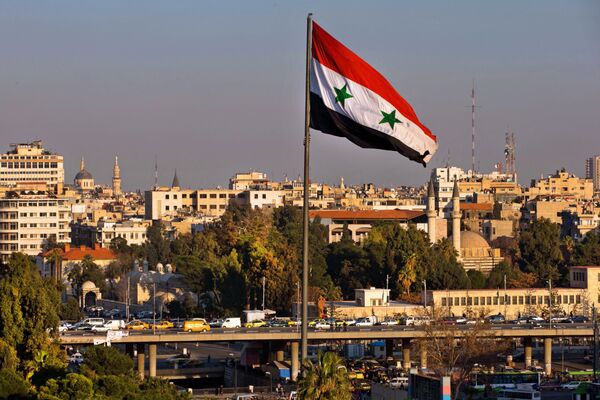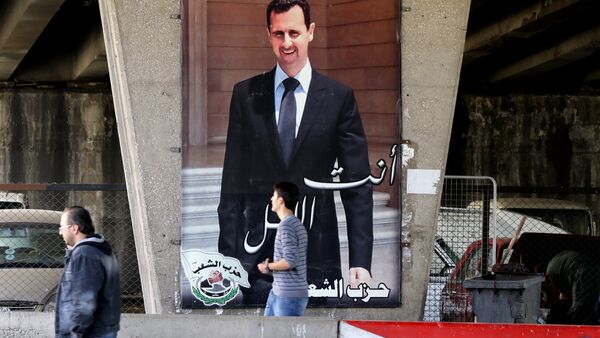Regardless of skepticism triggered by the Syrian ceasefire among the US politicians and Pentagon warhawks, the "cessation of hostilities" may open the doors to peace, or at least a frozen conflict, in Syria.
Of course, some grounds for pessimism are valid. The situation is complicated by the fact that the truce does not include Daesh and the al-Qaeda affiliated al-Nusra. But even a partial ceasefire matters a great deal.
#Zakharova:There've been 31 ceasefire violations in #Syria; number of local ceasefire agreements has increased to 38 pic.twitter.com/4t2CXTs7oh
— MFA Russia (@mfa_russia) 2 марта 2016 г.
"An important objective in the weeks ahead will be not to let the perfect be the enemy of the good. The fact that a partial cease-fire has taken hold at all indicates that there is something to build upon," Paul R. Pillar, CIA veteran and nonresident senior fellow at the Brookings Institution, notes in his article for the National Interest.
"One is the dogma that Assad must go… The other mindset to shed is the notion that any initiative, action, or grabbing of the spotlight in this arena by Vladimir Putin and the Russians is ipso facto a setback for US interests," Pillar underscores.
Pillar envisions that "the best feasible outcomes for Syria in the foreseeable future" — along with expelling al-Qaeda and Daesh from the region — would be a "frozen conflict."
"Frozen conflicts are unsatisfying and offensive to the principles of national unity and territorial integrity, but they sometimes are better than the available alternatives," he stresses.
Commenting on the matter, The Saker, a pseudonym for the US-based senior European military analyst, told Sputnik that the Syrian ceasefire will not turn into a Donbass-style stalemate, a frozen conflict between ultra-nationalists in Kiev and pro-Russian independence supporters in eastern Ukraine. The conflict is far from being settled in Ukraine since Kiev has repeatedly violated the Minsk II accords.
"It [the Syrian ceasefire] won't be a solid deal like the US-Russian deal on Syrian chemical weapons [in 2013], but it will not be a Donbass-style stalemate either simply because the agreement and the UNSC Resolution specifically call for the complete elimination/destruction of the various terrorist organizations in Syria," The Saker noted.

Many experts agree that Damascus can settle the conflict by maintaining the territorial integrity of Syria.
Syria can avoid dissolution "by insisting on the respect of all relevant Security Council Resolutions which have specifically called for a unitary secular Syria," The Saker told Sputnik in an exclusive interview.
The military analyst stressed that the Syrian ceasefire is a huge diplomatic victory for Russia and its allies.
By highlighting the significance of the truce Pillar in some sense echoes The Saker.
"The main underlying principle in addressing the Syrian problem and trying to nurse a fragile truce into being something a little less fragile is that it is the war itself, far more than any particular internal political outcome or distribution of power, that has made Syria a problem for international security, with threats of spreading regional instability and far-flung violent extremism," the CIA veteran underscores.



